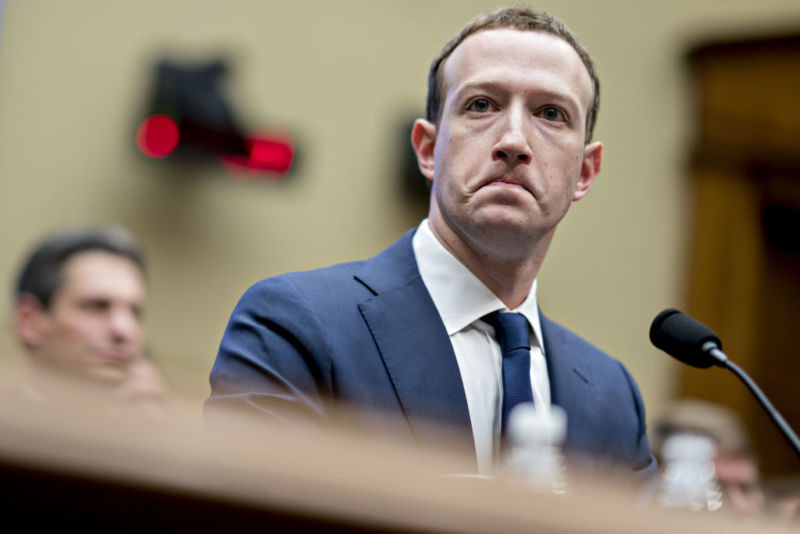
By the end of 2009, Facebook—under the control of its then 25-year-old CEO, Mark Zuckerberg—was clearly on the rise. It more than doubled its subscriber base during the year, from 150 million monthly active users in January to 350 million in December. That year it also debuted several key features, including the "like" button and the ability to @-tag your friends in posts and comments. The once-novel platform, not just for kids anymore, was rapidly becoming mainstream.
Here at the end of 2019, Facebook—under the control of its now 35-year-old CEO, Mark Zuckerberg—boasts 2.45 billion monthly active users. That's a smidge under one-third of the entire human population of Earth, and the number is still going up every quarter (albeit more slowly than it used to). This year it has also debuted several key features, mostly around ideas like "preventing bad nation-state actors from hijacking democratic elections in other countries."
Love it or hate it, then, Facebook is in arguably a major facet of life not just in the United States but worldwide as we head into the next roaring '20s. But how on Earth did one social network, out of the many that launched and faded in the 2000s, end up taking over the world?
Setting the stage: From the dorms to "The Facebook Election"
Zuckerberg infamously started Facebook at Harvard in February 2004. Adoption was swift among Harvard undergrads, and the nascent Facebook team in the following months began allowing students at other Ivy League and Boston-area colleges to register, followed by a rapid roll-out to other US universities.
By summer of 2004, Facebook was incorporated as a business and had a California headquarters near Stanford University. It continued growing through 2005, allowing certain high schools and businesses to join, as well as US and international universities. The company wrapped up 2005 with about 6 million members, but it truly went big in September 2006, when the platform opened up to everyone.
But the advent of the smartphone era, which took off in 2007 when the first iPhone launched, really kicked Facebook up several gears. In 2008, the company marked two major milestones.
First, Facebook reached the 100 million user mark—a critical mass where enough of "everyone" was using the platform that it became fairly easy to talk anyone who wasn't using it yet into giving it a try. Second: Facebook found its niche in political advertising, when Barack Obama won what pundits started to call "The Facebook Election."
"Obama enjoyed a groundswell of support among, for lack of a better term, the Facebook generation," US News and World Report wrote at the time, describing Obama's popularity with voters under 25. "He will be the first occupant of the White House to have won a presidential election on the Web."
"Like a lot of Web innovators, the Obama campaign did not invent anything completely new," late media columnist David Carr wrote for The New York Times. "Instead, by bolting together social networking applications under the banner of a movement, they created an unforeseen force to raise money, organize locally, fight smear campaigns and get out the vote that helped them topple the Clinton machine and then John McCain and the Republicans."
"Obama's win means future elections must be fought online," The Guardian declaimed, adding presciently:
Facebook was not unaware of its suddenly powerful role in American electoral politics. During the presidential campaign, the site launched its own forum to encourage online debates about voter issues. Facebook also teamed up with the major television network, ABC, for election coverage and political forums. Another old media outlet, CNN, teamed up with YouTube to hold presidential debates.
If the beginning of the Obama years in 2008 was one kind of landmark for Facebook, their end, in 2016, was entirely another. But first, the company faced several other massive milestones.
reader comments
70